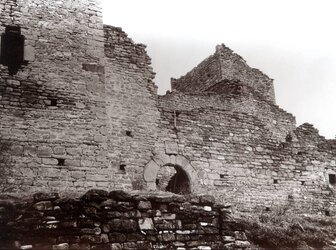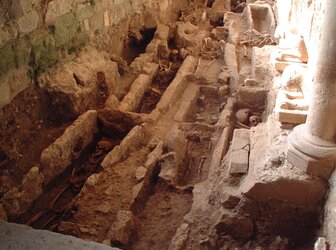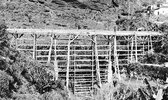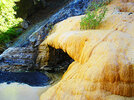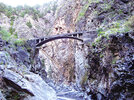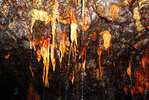Private Water Owners of Argual and Tazacorte, Canary Island
The Heredamiento de las Haciendas of Argual and Tazacorte is a group of private water owners in the Canary Islands, whose heritage goes back to 1502. Following over 500 years of inheritance, the water and landscape are now managed by 1,540 shareholders who work on a non-profit ...
Read more
Project details
| Title: | Private Water Owners of Argual and Tazacorte, Canary Island |
|---|---|
| Entr. year: | 2018 |
| Result: | Grand Prix |
| Country: | Spain |
| Town: | Canary Island |
| Category type: | Organisation and individual |
| The Jury's citation: | The jury commended the Heredamiento de las Haciendas of Argual and Tazacorte for its “historical management of water for more than five centuries and for the present preservation and use of water for agriculture through a private organisation”. |
Description:
The Heredamiento de las Haciendas of Argual and Tazacorte is a group of private water owners in the Canary Islands, whose heritage goes back to 1502. Following over 500 years of inheritance, the water and landscape are now managed by 1,540 shareholders who work on a non-profit basis. The water, mountains, land and irrigation channels of the Caldera de Taburiente belong to this community. The collection and distribution of the water and the conservation of the ecosystem have been the two pillars on which the activity of this group has been based since its establishment. This has generated a true culture around water, highlighting that it is a precious and scarce resource. Although logging and cattle farming would have presented certain economic benefits, the owners recognised that maintaining the woodland was essential for the conservation of the water sources and springs and that removing it would have been harmful to the entire ecosystem. This remarkably early ecological awareness, present for more than 500 years, is the reason that the Caldera de Taburiente has survived to this day with its natural resources intact and has led to its declaration as a National Park. This status helps to preserve what is a unique topography, home to a rich variety of flora and fauna as well as 2,500 of the most productive and environmentally responsible banana plantations of the European Union.
Similar projects

